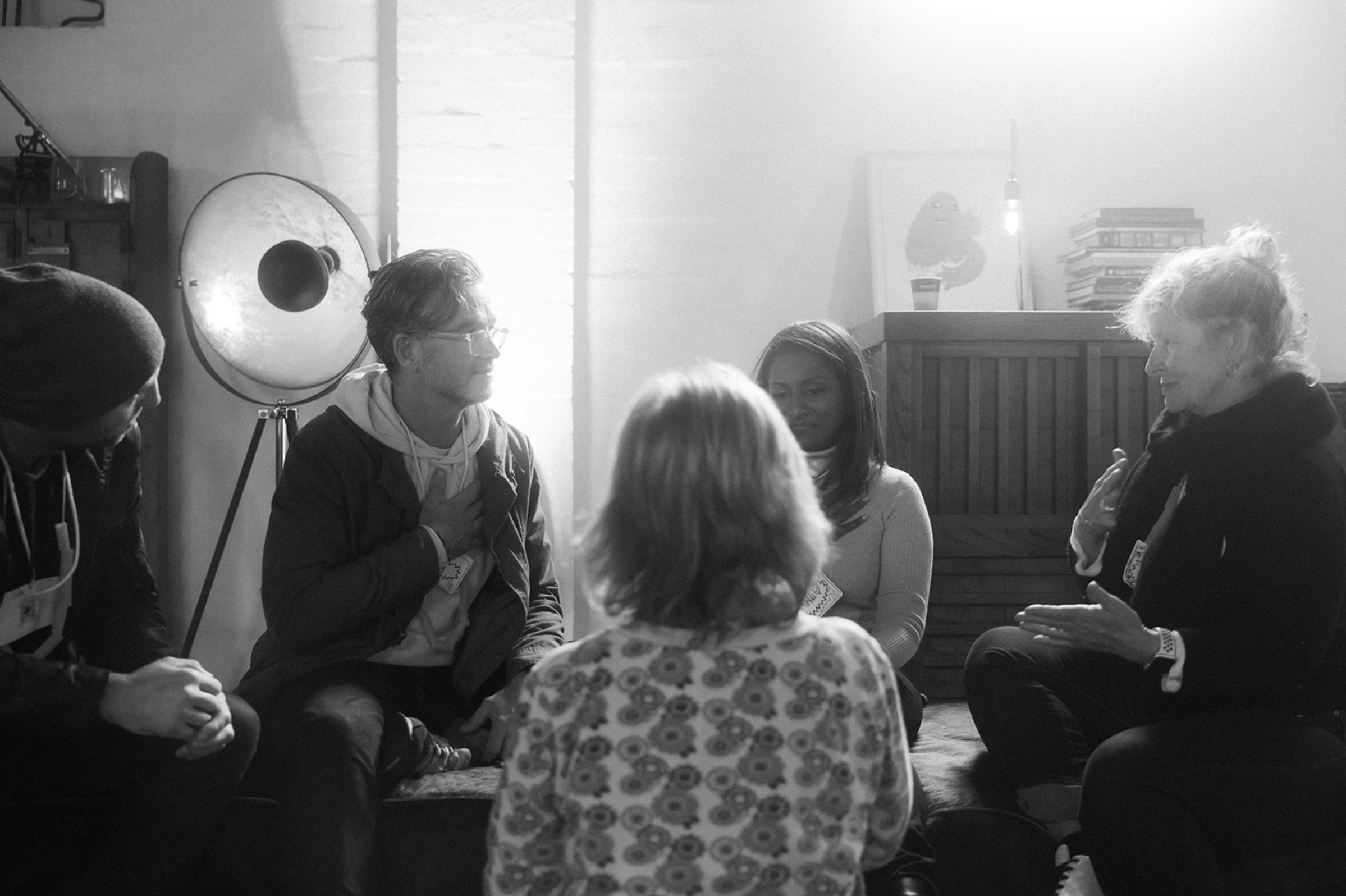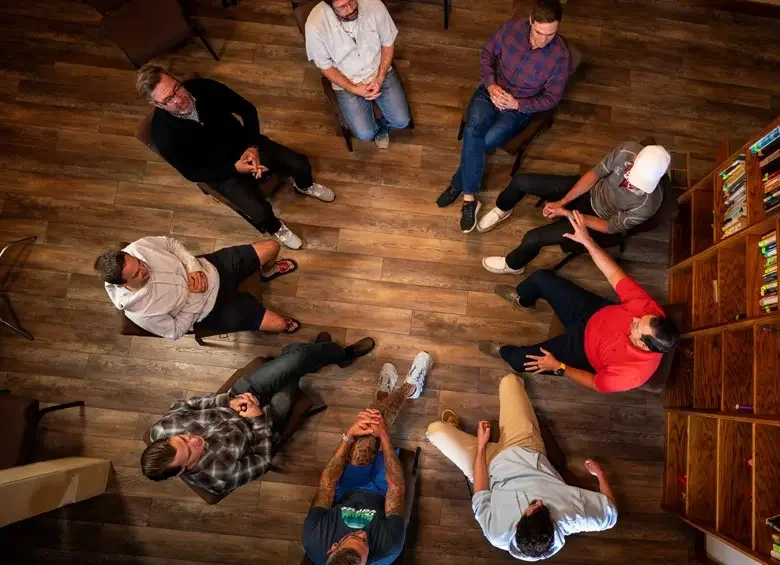
Group Psychotherapy Programs
Explore the power of Interpersonal Group Psychotherapy (IGP) in Thornbury.
Learn more about group psychotherapy and see upcoming groups below.
Group therapy beginning early-2026.
Find out more below and express your interest to be notified of group details as they emerge.
What is Interpersonal Group Psychotherapy (IGP)?
In group psychotherapy, individuals gather in a supportive environment to explore and address their psychological concerns. Drawing from Yalom's existential approach, participants engage in interpersonal interactions, gaining insights into their own thoughts, feelings, and behaviors in relationships. Through shared experiences and feedback, members develop self-awareness, empathy, and new social skills. Through recognising and validating shared experiences, there is often a profound sense of belonging, reducing isolation. Guided by a skilled therapist, participants challenge maladaptive patterns, cultivate resilience, and deepen their understanding of themselves and others. Group therapy offers a transformative journey toward healing, connection, and fulfillment.
Our Group Therapy Facilitators
All of our facilitators have studied Interpersonal Group Therapy under the guidance of Dr. Tra-ill Dowie at Integrative Psychology & Medicine.
Learn more about Interpersonal Group Therapy
-
Interpersonal group psychotherapy is for individuals who have ideally undertaken 1-3 years of personal psychotherapy, and who are seeking to:
Deepen their self-awareness and understanding of how behaviours and emotional experiences influence and shape relationships with others.
Practice connecting to themselves more authentically and honestly.
Engage in authentic and honest conversations and explorations about life’s ‘ultimate concerns’, which oftentimes go unaddressed in the day-to-day.
Learn how to relate and connect with others whilst honouring and prizing difference, without engaging in conflict.
Learn to foster and cultivate emotionally intimate friendships.
-
You may feel called to embarking upon the journey of interpersonal group therapy if you feel:
A readiness to change a key pattern of behaviour that you can see undermining your connection to yourself and others.
You are isolated and disconnected in this day and age, and prize the edginess of leaning in to real human connection over remaining detached.
You are seeking, or perhaps even yearning for, authentic and honest human connection experiences.
You are holding questions, queries, or emotional wounds either from within yourself or from past or present relationships. You are feeling courageous and ready to address and explore this with the support of others.
-
It is common for participants to derive the deepest and most lasting healing and change in their lives over a period of 12 to 24 months of weekly group therapy.
Given this, typically our groups run with the view to continue. The first 10-week term is framed as a beginning and a trial period, during which time the participant and facilitators can decide whether this group is a good fit for each member.
Each group will typically close for 2 weeks after each Term, members may exit the group, and there may be new members who join.
The specifics for each group will be detailed on their page.
If you have questions not answered here, please be in touch with us, and someone will be in touch with you shortly.
“People need people - for initial and continued survival, for socialization, for the pursuit of satisfaction. No one - not the dying, not the outcast, not the mighty - transcends the need for human contact.”
- Irvin D. Yalom
Our Process to Joining a Group
1. Expressions of Interest
If you feel moved to participate in a group, fill in the Expression of Interest form below or on that particular group’s page (to be listed shortly).
2. Discovery Call
Once we have received your expression of interest, we’ll book in a time for a 1:1 call to discuss a bit about the group and how it works, and hear from you about your intentions for participating.
3. Invitation to Apply
If we agree that it’s a good fit for the group, we will go ahead and send you our intake form for a more comprehensive overview of some personal information. If we both agree this group might not be best-suited for you, we will aim to offer a referral.
4. Follow-up Call and/or Invitation to Join
Following a review of your intake form, we will either have a follow-up call to discuss any final questions we may have or will send you an invitation to join the group.
Upon receiving your invite to join, you will receive a Welcome Pack outlining all of the information for the group, participant agreement, and payment information.











